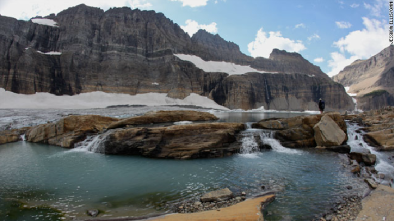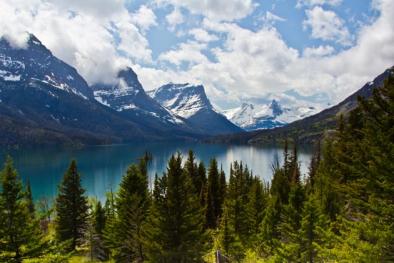Science Source
Historically unprecedented global glacier decline in the early 21
- Observations show that glaciers around the world are in retreat and losing mass
- States that glacier monitoring activities—internationally coordinated for over a century—provide an unprecedented dataset of glacier observations from ground, air and space
- States that glacier studies generally select specific parts of these datasets to obtain optimal assessments of the mass-balance data relating to the impact that glaciers exercise on global sea-level fluctuations or on regional runoff
- Provides an overview and analysis of the main observational datasets compiled by the World Glacier Monitoring Service (WGMS)
- The dataset on glacier front variations (approximately 42,000 since 1600) delivers clear evidence that centennial glacier retreat is a global phenomenon
- Finds that intermittent readvance periods at regional and decadal scale are normally restricted to a subsample of glaciers and have not come close to achieving the maximum positions of the Little Ice Age (or Holocene)
- Glaciological and geodetic observations (approximately 5,200 since 1850) show that the rates of early 21st-century mass loss are without precedent on a global scale, at least for the time period observed and probably also for recorded history
- Concludes that this strong imbalance implies that glaciers in many regions will very likely suffer further ice loss, even if climate remains stable
Related Content
Headline

Nov 22, 2016 | CNN
Montana's melting glaciers: The poster-child for climate change
Headline

Nov 22, 2016 | Mother Jones
7 More National Parks Threatened by Fire
Science Source
| Climatic Change
Changes in snowmelt runoff timing in Western North America under a 'business as usual' climate change scenario
Iris Stewart, Daniel Cayan, and Michael Dettinger
Science Source
| American Meteorological Society
Climate-Driven Variability and Trends in Mountain Snowpack in Western North America
Philip Mote


